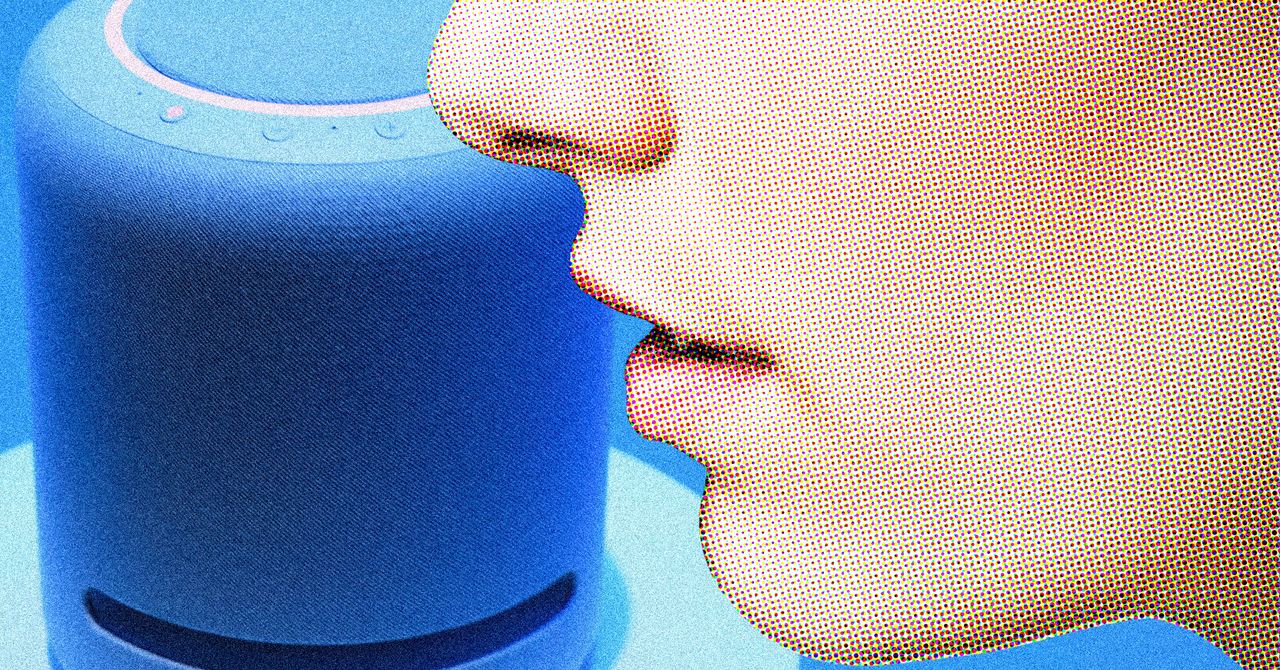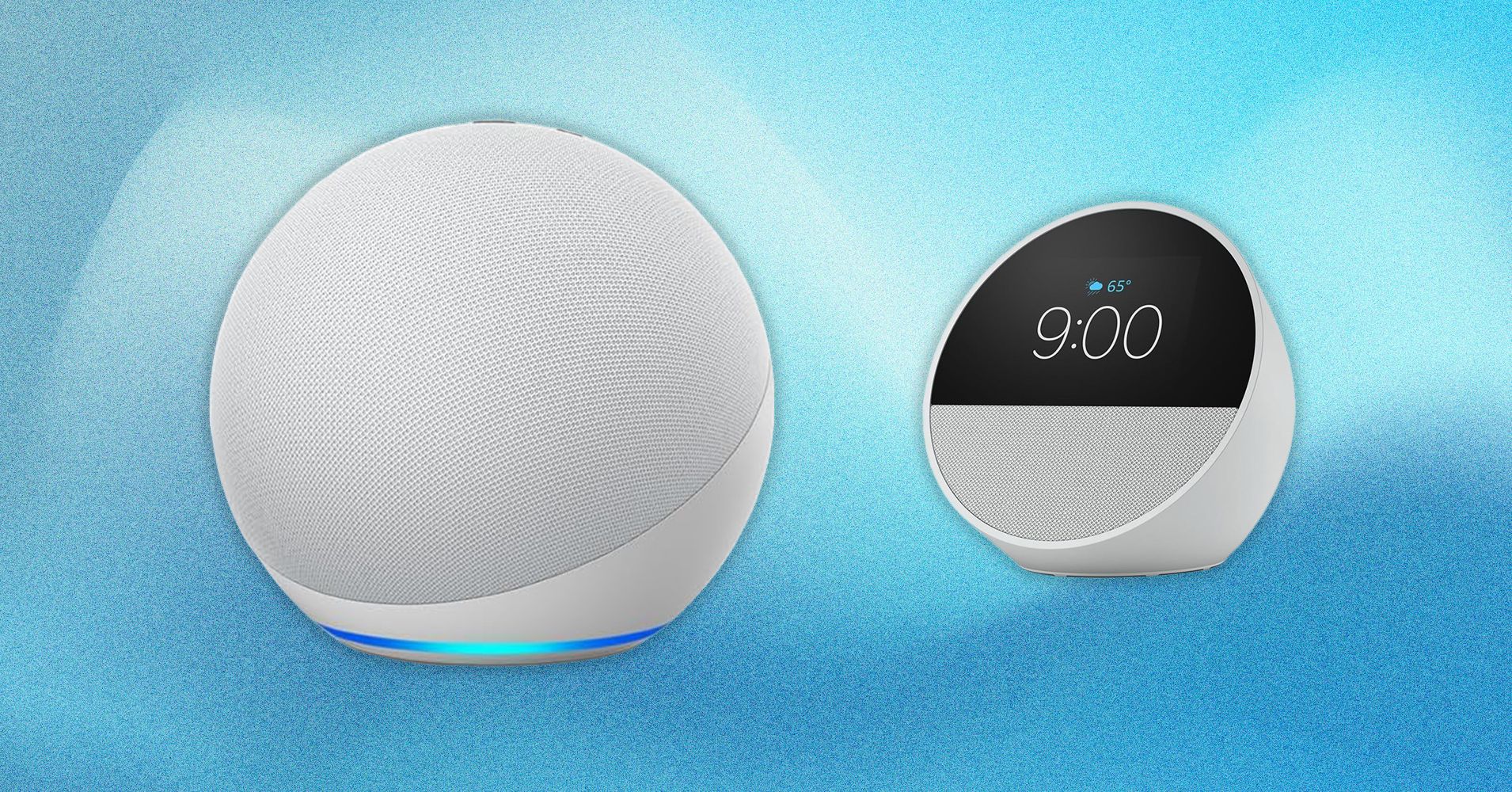Since Amazon announced programs for the AI production version of Alex, we were worried about the user’s privacy. With the arrival of Alexa+ in the coming weeks to Amazon Echo’s devices, we are observing the privacy scores more clearly that people need to use to maximize the use of AI voice assistant and prevent brickwork.
In an email sent to customers today, Amazon said ECHO users will no longer be able to adjust their devices to process Alexa requests locally, so they refuse to send audio recording to the Amazon cloud. Amazon seems to have sent emails to users with “audio recording” that has been activated in its echo. From March 28, the recording of any command that lives with Alexa in ECO speakers and smart displays is automatically sent to Amazon and processed in the cloud.
“As we continue to expand Alexa’s capabilities with the features of artificial intelligence manufacturers that relies on Amazon’s safe cloud processing power, we decided not to support this feature anymore,” said Amazon’s email.
One of the most marketing features of Alexa+ is its more advanced ability to identify who talks to it is a feature known as Alexa Voice ID. To accommodate this feature, Amazon is eliminating privacy -focused ability for all ECHO users, even those who are not interested in the Alexa subscription or want to use Alexa+ but are not capable of recognizing different sounds.
However, there are many reasons that people do not want Amazon to receive records of what they call their personal device. For example, the idea of a conglomerate who is capable of listening to personal requests in your home is simply, unique.
In addition, Amazon has previously mismanaged Alexa audio recordings. In 2023, Amazon agreed to pay 25 million dollars of civil penalties for the revelations that stored children’s interaction with Alexa forever. Adults also did not feel aware of Amazon’s desire to hold Alexa recorders unless it did not arise from 2019 to five years after the first echo came out.
If this is not enough to prevent you from sharing audio recordings with Amazon, keep in mind that the company allows employees to listen to Alexa audio recorders. In 2019, Bloomberg reported that Amazon employees listened to 1,000 audio samples during their nine -hour shifts. Amazon says it allows employees to listen to Alexa’s audio recordings to teach speech and natural language understanding systems.
Other reasons may deny Amazon’s trust with personal audio samples, including previous use of Alexa audio recording in criminal trials and Amazon in 2023 in terms of allegations that “thousands of employees and contractor allow video recordings from customers’ private spaces taken from loop cameras.
Save records or lose performance
Amazon said in his email today that it is likely to take advantage of these concerns that by default, the recording of Alexa requests will remove users after processing. However, anyone who does not make their echo “recording” does not see the audio features of their previously purchased devices. The audio ID enables Alexa to share things like sharing calendar events, reminders, music and more. Earlier, Amazon has said that “if you decide to save any audio recorders, the audio ID may not work.” Since March 28, a broken audio ID is a guaranteed guarantee for people who do not allow Amazon to save their audio recording.
Amazon’s email says:
Amazon forces ECO users to make a difficult decision: Access to Amazon to record whatever you say to Alexa or stop using echo. Allow Amazon to save audio recorders and listen to them or lose a feature to become more advanced and original for the next -generation Alexa.
However, Amazon bets that Alexa+ can dig the sound assistant from a financial pit. Amazon has publicly committed to keeping the free version of Alexa around it, but Alexa+ is regarded as Amazon’s last hope to keep Alexa alive and profit. Whatever Amazon can do so that people can pay for Alexa, other Alexa user’s desires, including, seems to be privacy.
This story appeared first ARS Technica.





